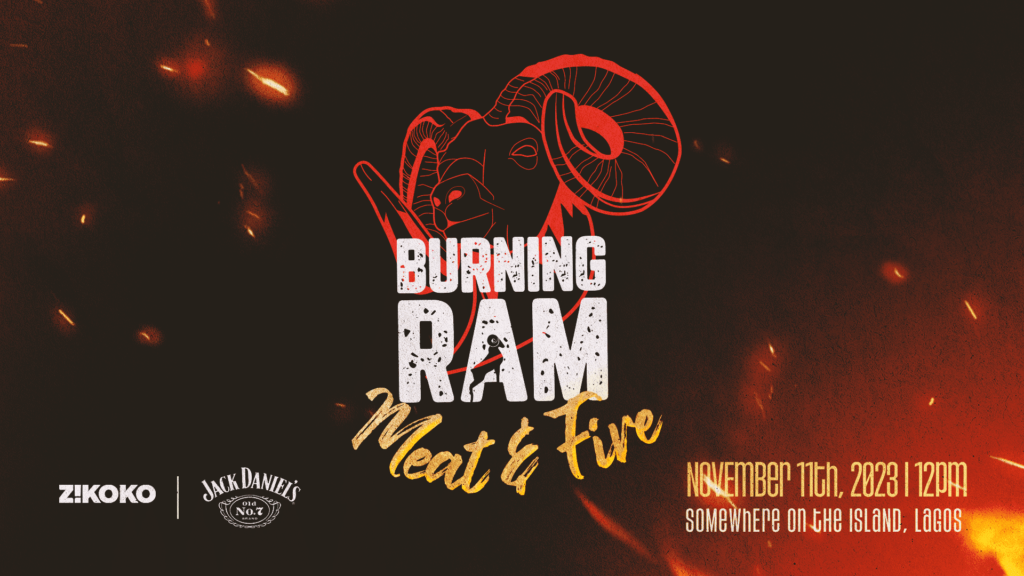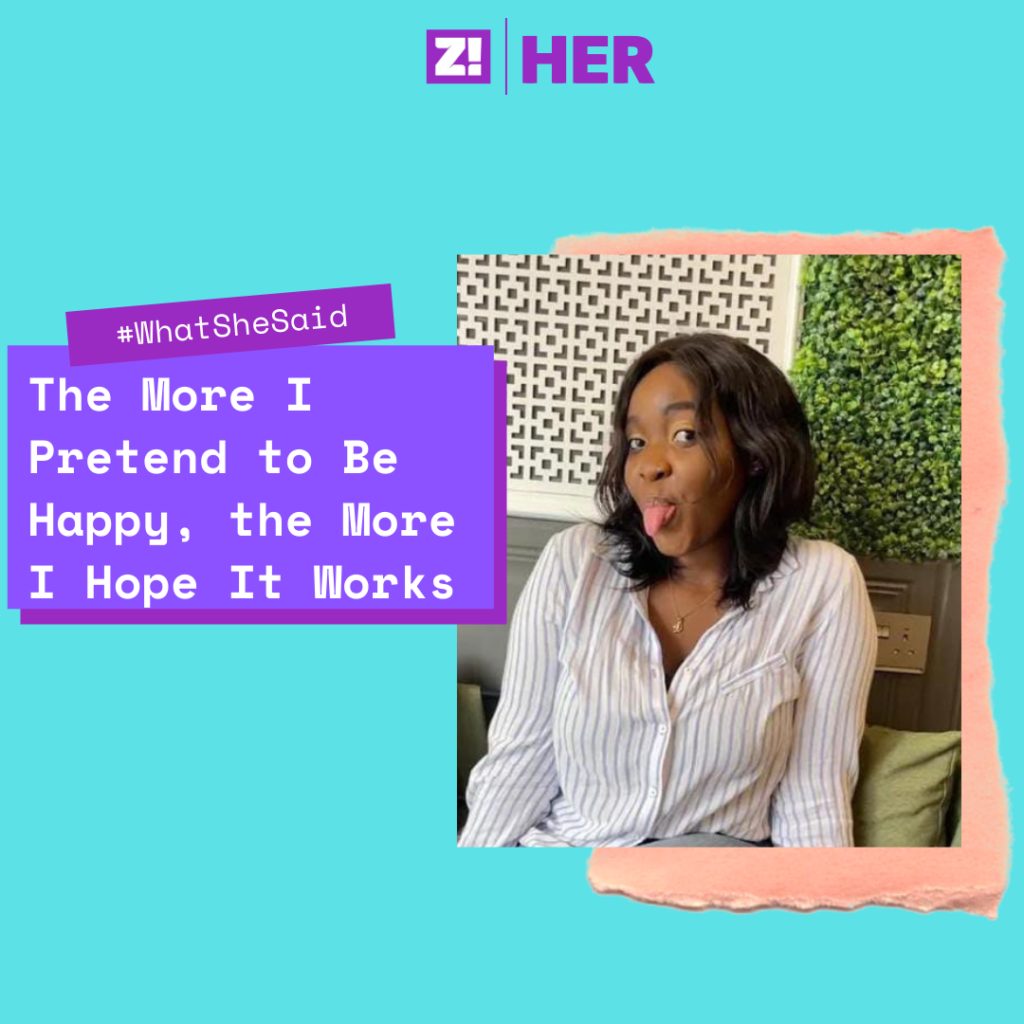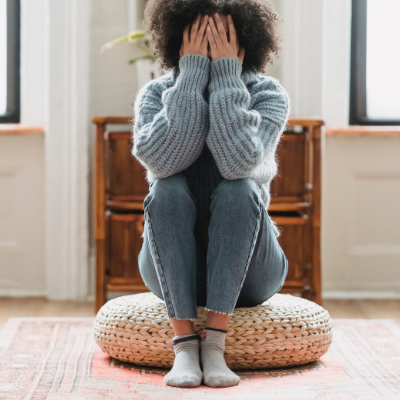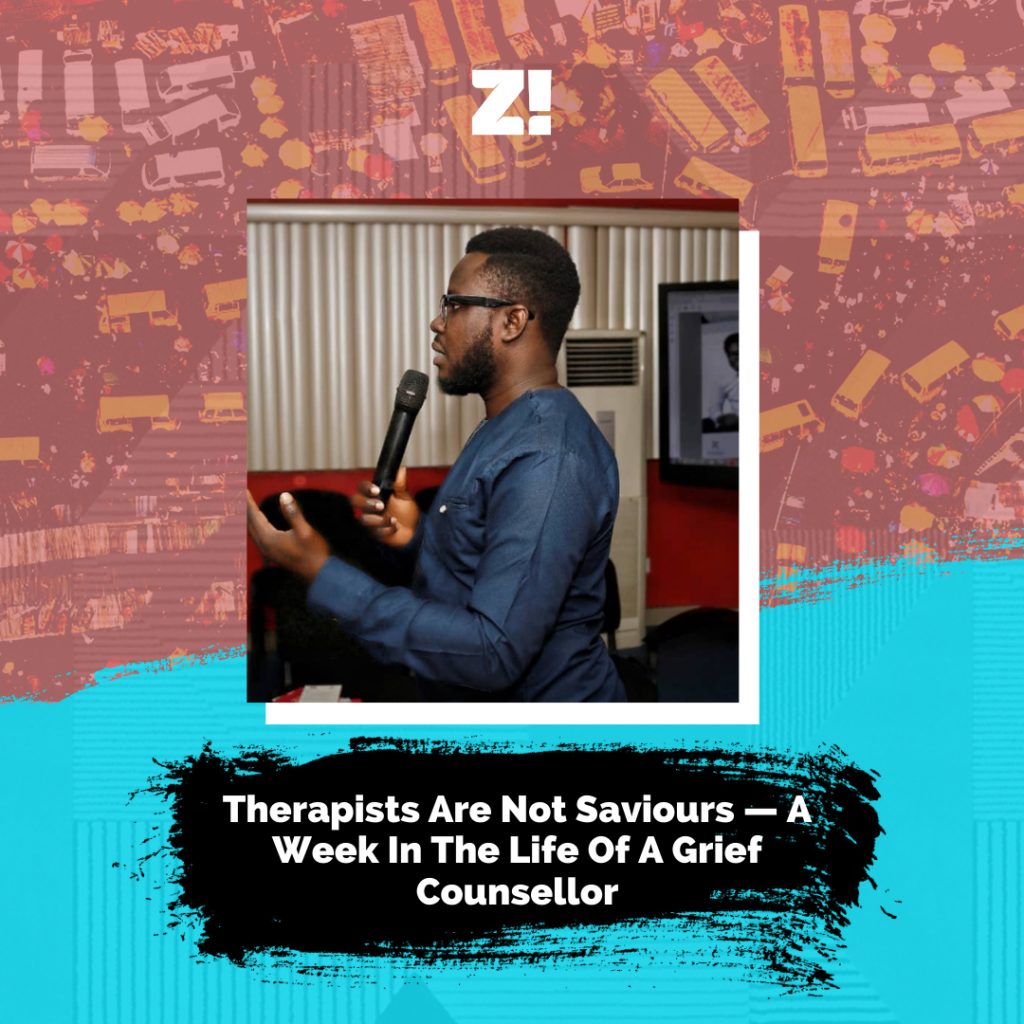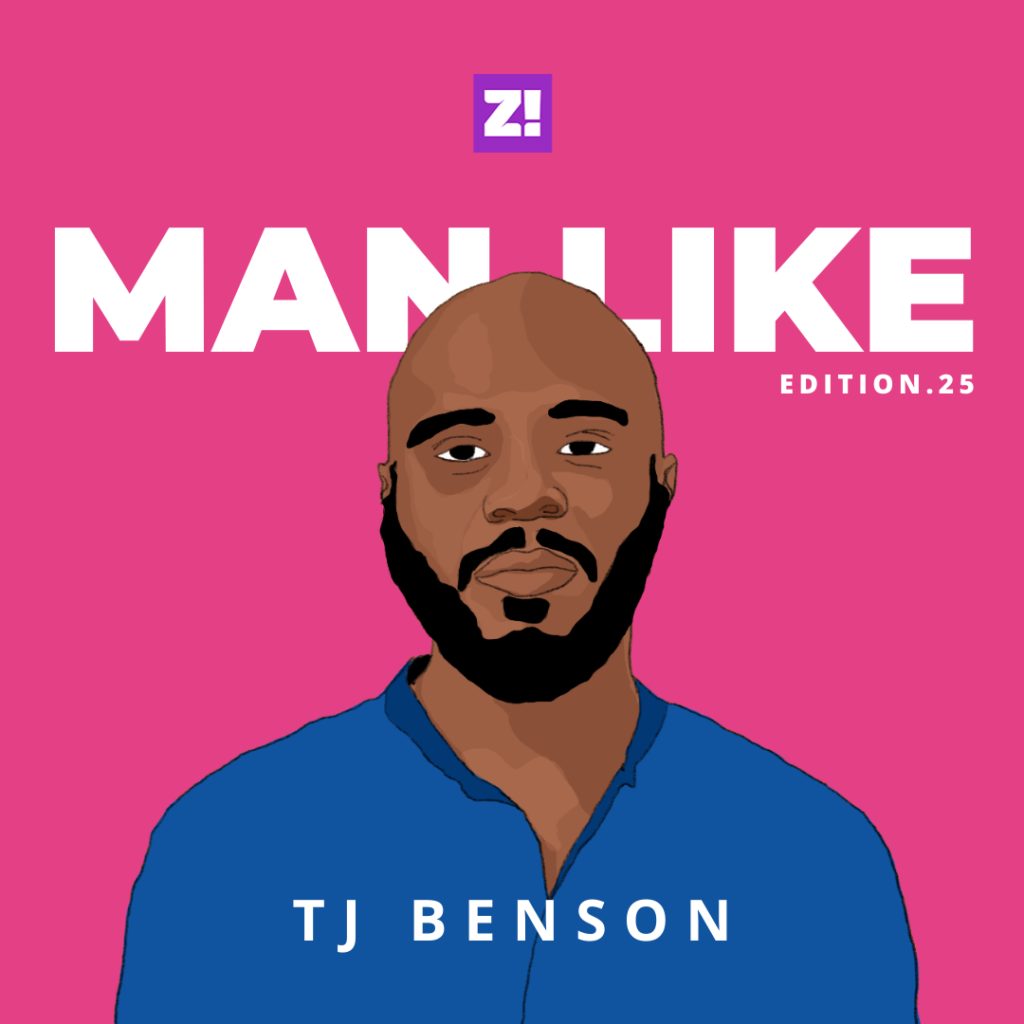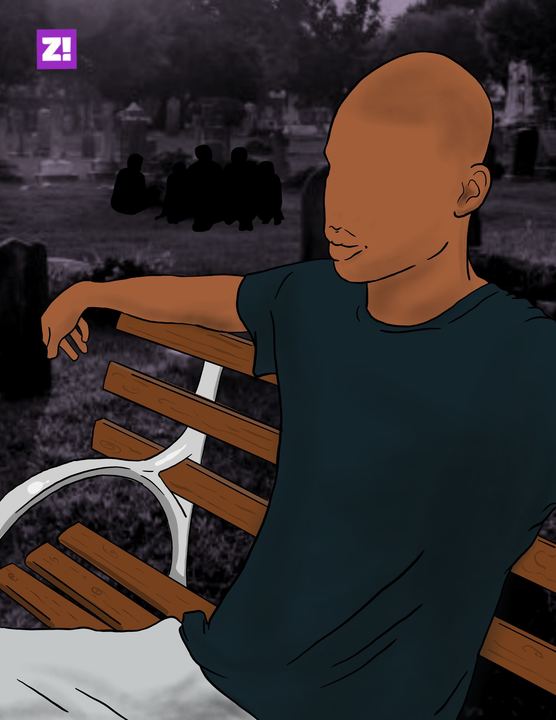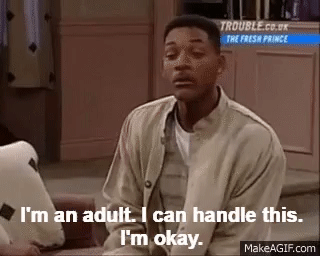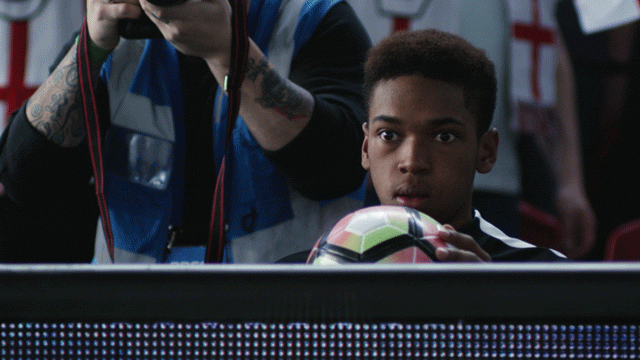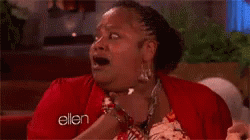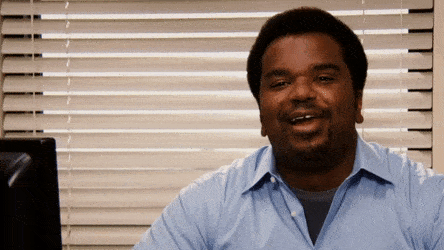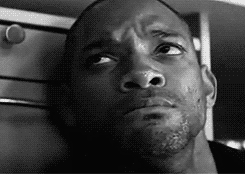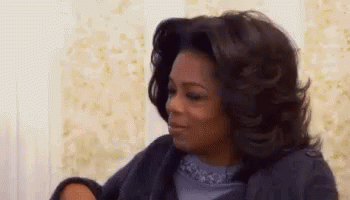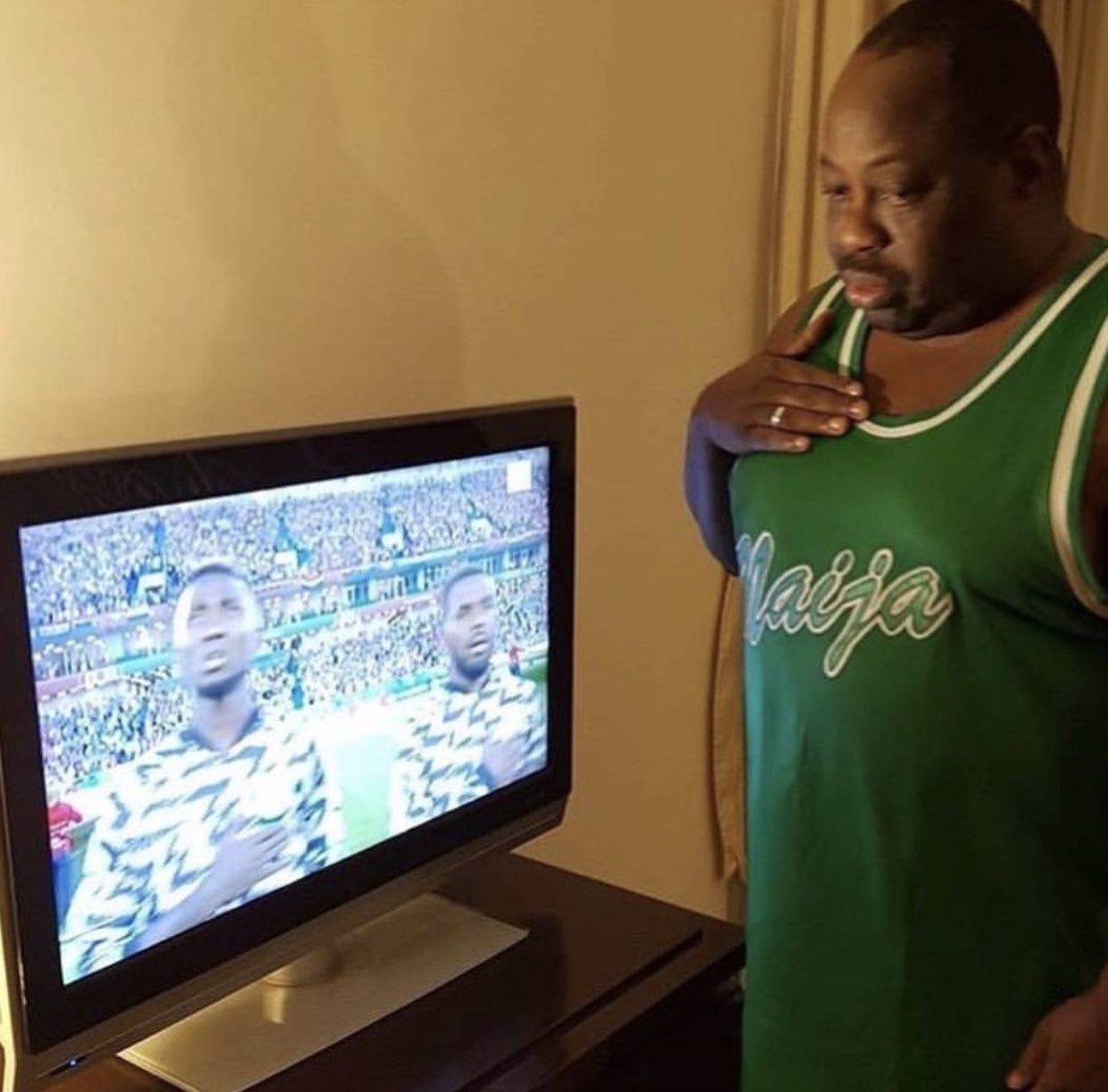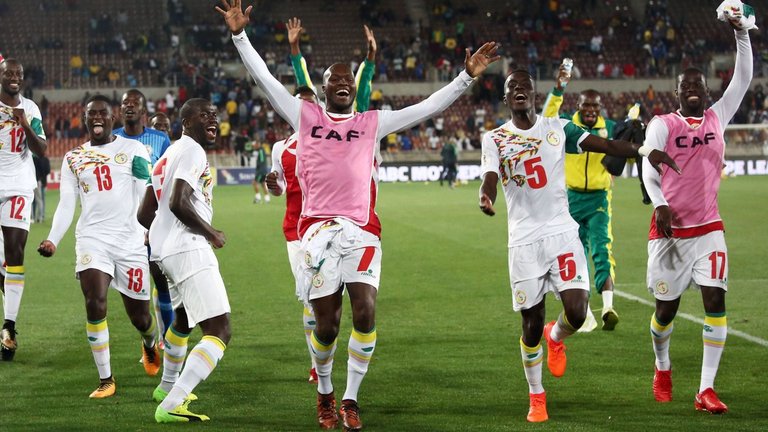I was looking to speak with people who ran away from home to pursue their dreams when I found Josephine* (25).
She talks about her stormy relationship with her mother and running away from home at 16 after almost getting raped by her stepfather.
TW: Attempted rape.
As told to Boluwatife
Image designed by Freepik
My life changed forever on the night of March 11, 2012. That was the night my dad died while trying to cross the road, unaware that he was walking directly into the path of an okada with no headlights. My housemistress told me the news the next day at school. I was 13, and I was shattered.
I was a proper daddy’s girl. Of my parents’ two girls, I was the one who looked most like him. I was also the only child for the first ten years of my life. There are stories of how, as a toddler, I’d follow my dad everywhere, even to the toilet. I rarely let my mum pick me up. It was always “my daddy”.
I think my mum started to resent how close I was to him. As I grew older, I began to call my dad “my love” because that’s what he called me too. My mum would make offhand remarks about how I was ganging up with her husband against her or how I came to steal her husband, and my dad would laugh over it.
Most times, the remarks had a tense undertone. Especially when she tried to flog me whenever I was naughty, and I’d run to my dad for help. He preferred to punish by taking away my toys and talking things over. To my mum, he was just spoiling me, and they clashed over it regularly.
Maybe he did spoil me, but I preferred hanging out with him. I even used to run away from the sitting room once I heard my mum returning home from her shop because she always seemed angry. When she gave birth to my sister, it was like they divided the children among themselves. I was daddy’s girl, and my sister was mummy’s girl. So, it all worked out.
Then my dad died, and it felt like my person had left. I didn’t really have a relationship with my mother, so I couldn’t process my grief with her. I’m not even sure how she processed hers. She just cried for a few days and kept to herself. When the relatives and mourners finally left our house after the burial, all that was left was empty silence. My sister was three years old and didn’t really understand what was happening.
Thankfully, I didn’t have to navigate the silence for long because I returned to boarding school. But whenever I was home, the silence was there. When we weren’t silent, she was scolding me for one thing or the other. I either didn’t sweep well enough or didn’t mop the way she would have.
I finished secondary school in 2014 and returned home to pursue a university admission. 2014 was also the year my mum remarried. Two months before the wedding, she called me and my little sister to the sitting room and told us we’d have a new daddy soon. I’m not sure I felt anything about it.
We met the man that week, and he seemed nice enough. The only thing on my mind was gaining admission and leaving them to it.
But admission didn’t come easy. I failed JAMB and had to wait an extra year at home. While I waited, I attended tutorial classes from morning to evening, and by the time I returned home at 6 p.m., it was usually just me and my mum’s husband. That was when he’d return from work, too, while my mum stayed at her shop till around 9 p.m. My sister’s school bus would drop her at the shop, so they always came home together.
The arrangement worked at first. I’d return home, cook dinner and serve her husband before going to my room for the rest of the night. But he started dropping comments like, “Why are you running to your room? Come and spend time with me.” Other times, he’d encourage me to greet him with hugs since “I’m like your dad.” I found the whole thing weird and just kept my distance.
[ad][/ad]
I finally gained admission in 2015. A week before I had to resume at the university, this man tried to rape me. That day, when he returned home from work, he tried to get me to hug him as usual, but I politely laughed it off and returned to my room.
A few minutes later, he called out to me to pick something from his room. I actually thought he was outside, but I entered the room, and he suddenly appeared from behind the door. It’s still a bit triggering to think about how he tried to pin me down and cover my screams with his lips and whispers of “Don’t be a baby, now.”
I’m not sure how I managed to escape. I must’ve kicked him because, one minute, he was on top of me, and the next, he was on the ground. I ran out of the house to our street junction to wait for my mum.
When I eventually saw her, I ran to her and narrated the whole thing. She was visibly shocked and even started crying. She led me back home and confronted her husband. The man denied the whole thing and claimed I ran out of the house because he caught me with a boy. He swore up and down that he’d never try such and I was just making things up.
My mum believed him. There was nothing she didn’t say to me that night. How I didn’t want her to enjoy her home. How I’d never been in support of her marriage. How I’d grown to be a liar and prostitute.
To this day, I don’t know if she truly believed I was capable of such a lie, or was simply choosing to make herself believe what she desperately wanted to be true.
I decided to avoid her husband as best as I could while I counted the days before I could leave for uni. The plan was to stay out all evening till my mum returned at night. But the first day I did that, he reported me to my mum, saying I didn’t cook his dinner. She warned me to never let that repeat itself, and that’s when I knew I had to find a way out.
We brought back three couples we interviewed in 2019 to share how their relationships have evolved in the last five years.
This is the first episode.
The next day, after they’d gone out, I took some clothes, my school documents and the ₦68k my mum hid somewhere and travelled to the state my university was located. It was about three days to resumption, and I didn’t have a plan or anywhere to stay.
But I got to the university in the evening and met some fellowship people on campus who were trying to mobilise fresh students. I told them I didn’t have anywhere to stay. They let me sleep in the fellowship hall for two days before their other members resumed, and I went to stay with one of them at their hostel.
My mum called me the day I left, screaming and calling me a thief. That went on for about two minutes before I ended the call. She didn’t even bother to ask where I was, and she never called back. Maybe she thinks I followed my imaginary boyfriend.
I haven’t seen or spoken to her since 2015. I survived the years at school with the fellowship’s help and the little money I made from making people’s hair, a skill I learnt in boarding school.
I found my sister by chance on Facebook in 2023, and reached out. Our first call was so awkward because we had almost nothing to say. I wasn’t surprised to hear that my mum had fed her with stories of how I stole her money and ran away to destroy my life. We chat occasionally.
At least, I know my mum is still alive and married to that man. But she’s dead to me. I’m not sure if we’ll ever unpack everything that went wrong between us or if I’ll ever be willing to do so.
I don’t even know how to ask my sister if he ever tried to abuse her too. I feel like I abandoned her, but I also know there wasn’t much I could do but save myself. I consciously try to push the whole experience to the back of my mind. I’m not sure I’ll ever be ready to work through it.
*Subject’s name has been changed for anonymity.
NEXT READ: I Had a “Spoilt” Upbringing, by Nigerian Standards



